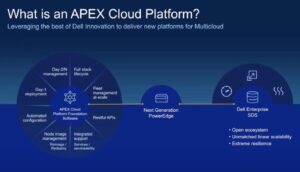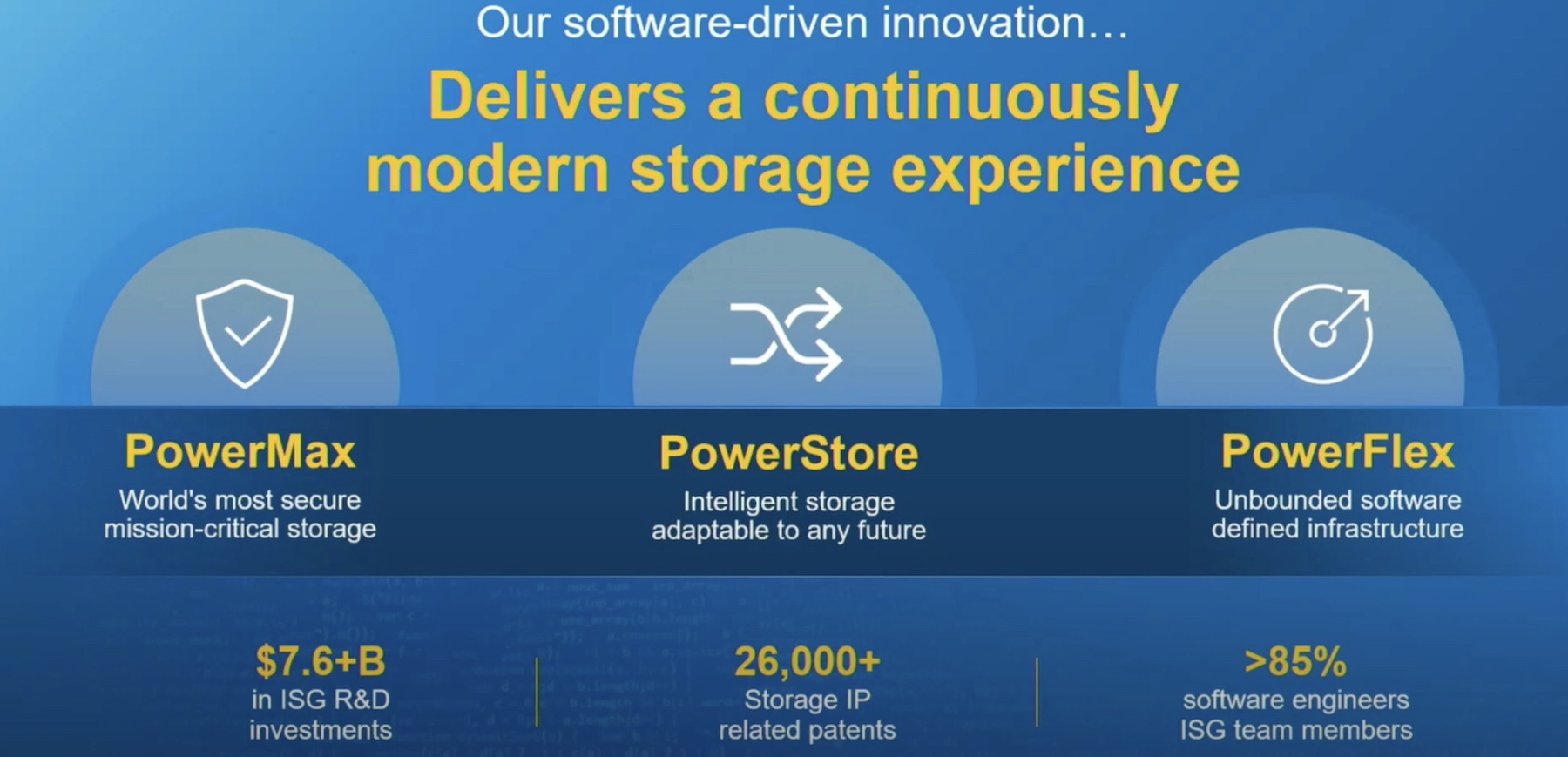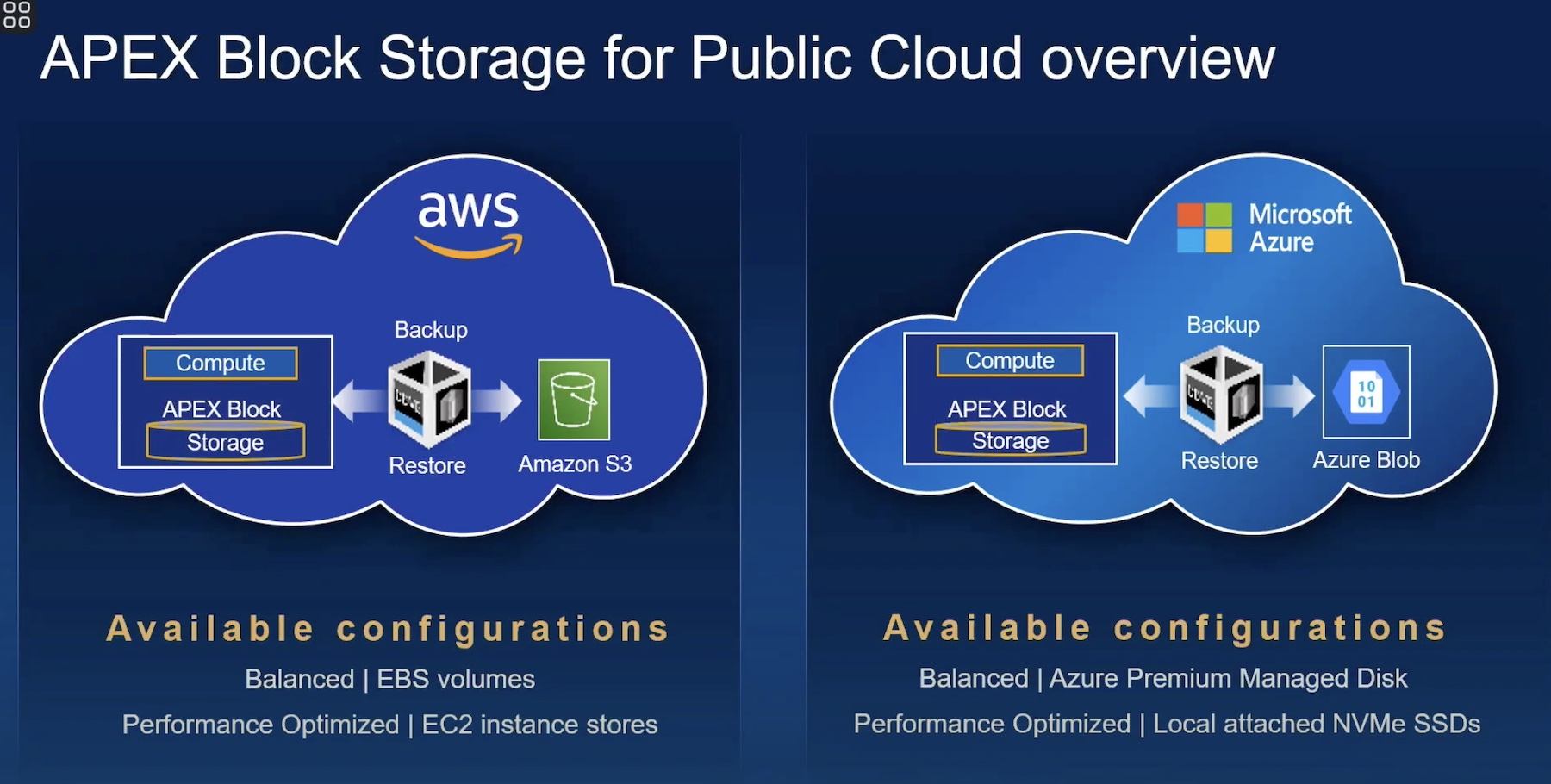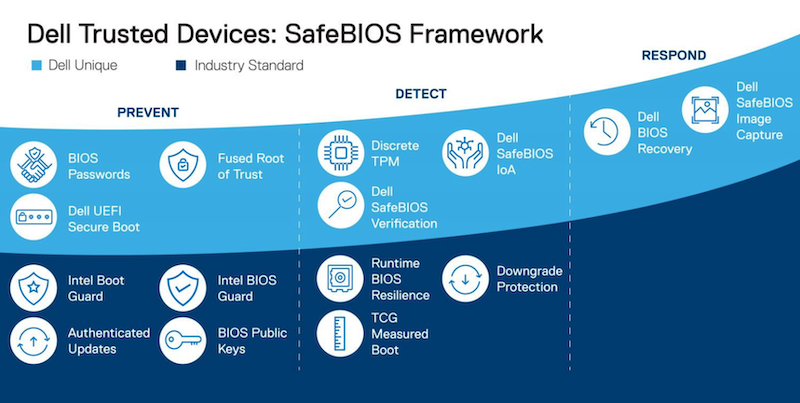Multi-cloud has emerged as a business necessity, and for organizations pursuing modernization, it is the strategic cornerstone to unlocking ultimate resilience and cost optimization. But cloud sprawl and infrastructural variances yield a complex landscape that is woefully hard to navigate.
At the Cloud Field Day event, Dell Technologies presented a solution that irons out the teething issues enterprises have with multi-cloud operations. The APEX Cloud Platform (ACP) family is designed to bridge the divide between diverse cloud platforms and on-premise datacenters. It aims to deliver consistency of operations at all layers of the stack.
Why M&O Is Hard in Multi-Cloud?
A new study by 451 Research shows that on an average, companies on multi-cloud use two to three providers per customer. Their infrastructures are as diverse as their offerings. This divide is increasingly sapping operational inertia, raising big barriers to adoption.
“At the core, the platforms are the same, but managing the nuances takes a serious skill set, and often a number of full-time equivalents (FTEs),” said Samuel Niemi, Product Manager at Dell.
As part of the hybrid multi-cloud journey, enterprises are constantly connecting operating environments in the public cloud with those on premises. The lack of an easy consumption model between those has made the multi-cloud experience harrowing and insanely demanding.
A variety of problems lay in the way. Cost unpredictability of going from cloud to ground and vice versa is a top concern. Technological inconsistency between the platforms, processes, and tools demand high levels of skill to navigate. Topping this is a piling amount of management overheads.
“If you are going to manage Azure, OpenShift and VMware, its likely different staffs,” highlights Niemi.
Multi-Cloud Operations with APEX Cloud Platforms
A guiding rule of multi-cloud adoption is to maintain continuous operations. Dell sets out to achieve this with the APEX Cloud Platforms. “We are taking the cloud vendors and their platforms like Red Hat OpenShift, Azure and VMware, and bringing them down into a unified system,” tells Niemi.
Dell leaned into its experience of building VxRail Hyperconverged Infrastructure to design the multi-cloud portfolio. As a result, the same levels of automation and ease-of-use resonate through the ACP family.
The APEX Cloud Platform is best described as a kitchen sink solution as it encompasses all the best-in-class components. “We are taking software to serve storage, and best-of-breed hardware, putting it in a very familiar box.”
Dell collaborates closely with three key partners – Microsoft, Red Hat and VMware to co-engineer the solutions that make up the platform. Inside, there are three building blocks that are common to all the ACPs, no matter the cloud. The meat and potato is the APEX Cloud Platform Foundation Software that provides common management and orchestration capabilities across the vendor stacks. These include deployment and management, configuration, full-stack lifecycle, integrated support and much more. Users can count on having consistent maintenance and operations, and a uniform experience throughout.

ACPs also include the Dell Enterprise Software-Defined Storage which is an open ecosystem with impressive linear scalability. “We can be linearly scaled not only for performance, but for resilience. You can start from a few nodes, grow to hundreds and share that SDS inside of your different ACP nodes,” says Niemi.
It is independent of the stack, meaning customers can avail the same storage flavors and services across multi-cloud.
Putting a universal storage layer solves a lot of the data mobility problems that come with operating in a hybrid multi-cloud space. The storage is available in both public and private cloud so that users can move data both ways. A common operational interface ensures that applications need to be re-platformed when moving.
The last piece is the hardware stack powered by the 16th Gen PowerEdge servers. These are the latest generations of PowerEdge servers based on the 4th Gen Intel Xeon Scalable processors that provide compute across the stack.
Additionally, ACPs have robust support and security built in. “Customers consider table stakes that they might not get with other multi cloud-offerings,” says Niemi. Dell ACPs’ embedded security is consistent across topologies.
Updates are rolled out regularly. “We are continuously engineering patches and upgrades across the spectrum of ACPs so you get continuous integration that works for you.”
Users need not to test software versions in their labs. Dell continually tests and validates them at the backend with its partners ecosystem to produce engineered, ready-to-deploy updates regularly.
At the heart of it, the Apex Cloud Platform seeks to ensure choice, consistency and control to deploy, scale and manage applications in the multi-cloud, while extending any public cloud to on premises. “We’re making sure that our customers can pick their different cloud platforms, do it in a repeatable manner, as fast as possible, and in a scalable and consistent way, and finally manage it all in the same direction,” says Niemi
To learn more, check out Dell’s presentations from the recent Cloud Field Day event.




